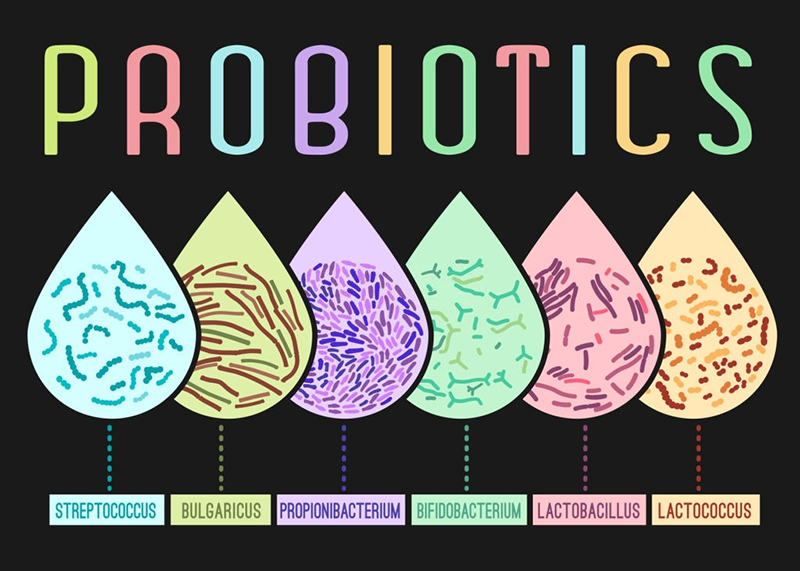When it comes to enhancing our digestive systems, one of the best ways to do it is by incorporating probiotics into our diets. But what exactly are probiotics?
Probiotics are live bacteria and yeasts that are good for our health, particularly our digestive system. They are often called “good” or “friendly” bacteria because they help keep our gut healthy by balancing out the “bad” bacteria that can cause health problems.
While probiotics can be found in a variety of foods and supplements, not all sources are created equal. In this article, we’ll explore the best sources of probiotics for a healthier you, from fermented foods to supplements.
Fermented Foods
Fermented foods have been around for centuries and are a great source of probiotics. These foods are created through the natural process of lacto-fermentation, which involves adding beneficial bacteria to food and allowing it to ferment. During this process, the beneficial bacteria feed on the sugars and starches in the food, creating lactic acid, which helps preserve the food and gives it a tangy flavor.
Some of the best fermented foods for probiotics include:
- Kefir: a fermented milk drink that contains high levels of beneficial bacteria and yeasts. It can be made from cow’s milk, goat’s milk, or coconut milk for a vegan option.
- Yogurt: a popular fermented dairy product that contains live cultures of beneficial bacteria. It’s important to choose plain yogurt with no added sugars or flavors.
- Sauerkraut: a fermented cabbage dish that is rich in probiotics. Look for sauerkraut that has been refrigerated and contains no vinegar or preservatives.
- Kimchi: a fermented Korean side dish that is traditionally made with cabbage, radishes, and spices. It’s a great source of beneficial bacteria and can be used in a variety of dishes.
- Miso: a Japanese paste made from fermented soybeans that is rich in beneficial bacteria. It’s often used in soups and stews for added flavor and nutrition.
Probiotic Supplements
While fermented foods are a great source of probiotics, they may not be practical or enjoyable for everyone to consume on a regular basis. In these cases, probiotic supplements can be a convenient and effective way to enhance gut health.
Probiotic supplements come in a variety of forms, including capsules, tablets, powders, and liquids. They contain high levels of beneficial bacteria and can be tailored to specific needs or health concerns. When choosing a probiotic supplement, it’s important to look for the following:
- Certified strains: make sure the supplement contains strains of bacteria that are backed by scientific research and have been proven to be effective.
- High bacteria count: look for supplements that have at least 10 billion colony-forming units (CFUs) per serving.
- Enteric coating: this protects the bacteria in the supplement from stomach acid, ensuring they reach the gut where they can be most effective.
Other Probiotic Foods
In addition to fermented foods, there are other foods that contain beneficial bacteria and can help enhance gut health. Some of these include:
- Dark chocolate: studies have shown that dark chocolate contains a type of bacteria that is beneficial for gut health.
- Tempeh: a fermented soybean product that is rich in beneficial bacteria and protein. It can be used as a meat substitute in a variety of dishes.
- Apple cider vinegar: while not a significant source of bacteria, apple cider vinegar contains acetic acid, which can help support the growth of beneficial bacteria in the gut.
- Kombucha: a fermented tea that contains beneficial bacteria and yeasts. It’s a great alternative to sugary beverages and can be found in a variety of flavors.
Final Thoughts
Probiotics are an important part of a healthy diet and can provide numerous benefits for gut health. Whether you choose to incorporate fermented foods or supplements into your routine, it’s important to choose high-quality sources that contain certified strains and high bacteria counts for maximum effectiveness.
However, it’s also worth noting that probiotics are not a cure-all for digestive issues or overall health. It’s important to maintain a balanced and nutritious diet, stay hydrated, and exercise regularly to achieve optimal health.







